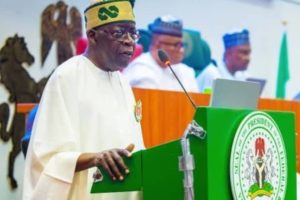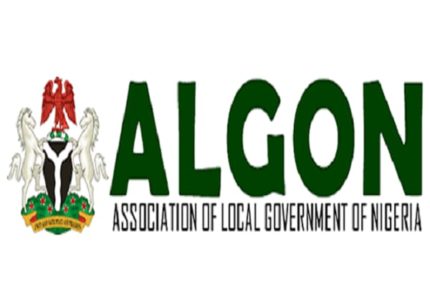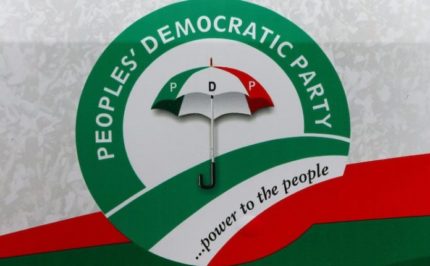The Supreme Court of Nigeria has finally delivered the long-awaited verdict on the financial autonomy of the 774 local government areas across the nation. The apex court, in its lead judgment read by Justice Emmanuel Agim, observed that the state governments’ refusal to grant financial autonomy to local governments had persisted for over two decades. This landmark decision marks a significant shift in the administrative and financial landscape of Nigeria’s local governments.
Justice Agim emphasized that state governors had been withholding funds meant for local governments, a practice deemed illegal and detrimental to rural development. The court dismissed the preliminary objections raised by the defendants, reinforcing the illegality of the current arrangement and highlighting its adverse effects on grassroots development. This ruling is expected to pave the way for enhanced local governance and community-driven progress, free from undue state interference.
Local Government Closer to the People Once More
Local governments, regarded as the tier of government closest to the people, have faced numerous existential threats over the years, with the lack of financial autonomy being the most critical. For over two decades, state governments have played a pivotal role in the survival of local governments, often to the detriment of their core mandate. This prolonged interference has stifled the ability of local governments to effectively serve their communities.
Analysts have pointed out that the state government’s meddling in local government affairs has been counterproductive, undermining the objective of bringing governance closer to the people. The Supreme Court’s verdict is seen as a welcome and reassuring development. Public affairs analyst Adewale Lukman remarked, “Now more than ever, local government areas will truly be closer to the people again.” This sentiment reflects the optimism that the verdict will restore the intended purpose of local governments, fostering improved service delivery and grassroots participation in governance.
State Governors and Alleged Misconduct
The legal battle culminated in May 2024 when the Attorney General of the Federation (AGF), Lateef Fagbemi (SAN), sued the 36 state governors on behalf of the federal government over alleged misconduct regarding local government funds. The lawsuit followed an increased allocation to local governments in the wake of the fuel subsidy removal, raising concerns about the proper disbursement of these funds.
According to data from the Revenue Mobilization Allocation and Fiscal Commission (RMAFC), the federal government receives 52.68% of the country’s revenue, states receive 26.72%, and local governments receive 20.60%. The AGF sought an order to prevent governors from arbitrarily dissolving democratically elected councils, a practice that undermines local governance. The state governors opposed the AGF’s suit, but the Supreme Court’s ruling has brought an end to one of Nigeria’s longstanding legal disputes, ensuring greater accountability and autonomy for local governments moving forward.
A Constitutional Democracy, Not So Really
President Bola Tinubu criticized state governors for their management of local government affairs, calling for urgent reforms. “We are running a constitutional democracy,” the President remarked on Thursday, May 30, 2024, during a meeting with the leadership of the Arewa Consultative Forum (ACF) at the Presidential Villa, Abuja. “I will ask you to summon the governors. I’m doing my very best to boost the country’s revenue base. They must be equally sympathetic and urgently consider the needs of the local people.”
The President emphasized that most Nigerians reside in local communities, where they engage in farming and other livelihoods. He questioned the effectiveness of the 774 local government areas in delivering essential services. “We must not cling to numbers if local governments are not effective in delivering services,” he stated. Tinubu highlighted the need for local governments to coordinate development programs with state and federal governments to truly serve the people.
A Big Win with Cautious Optimism
The recent Supreme Court judgment granting financial autonomy to local government councils has been hailed by analysts as a landmark verdict. They argue that financially independent local governments are crucial for driving development in rural areas. Abdullah Rabiu, a seasoned commentator, described the judgment as a significant victory but urged cautious optimism. He warned that state governors might attempt to undermine the ruling to maintain control over local government funds. “Do expect state governors that have depended on local government allocations to fund their frivolities and vanities to sit back and watch as their main sources of unaccounted money slip off their fingers,” Rabiu remarked.
Rabiu called on Nigerians to remain vigilant as the struggle over the autonomy of the 774 LGAs continues. He stressed that the success of this judgment depends on the collective effort of citizens to ensure that state governors comply with the ruling. The battle for local government financial autonomy is far from over, and sustained public pressure will be essential to securing lasting change.
Table of Contents
Discover more from OGM News NG
Subscribe to get the latest posts sent to your email.














